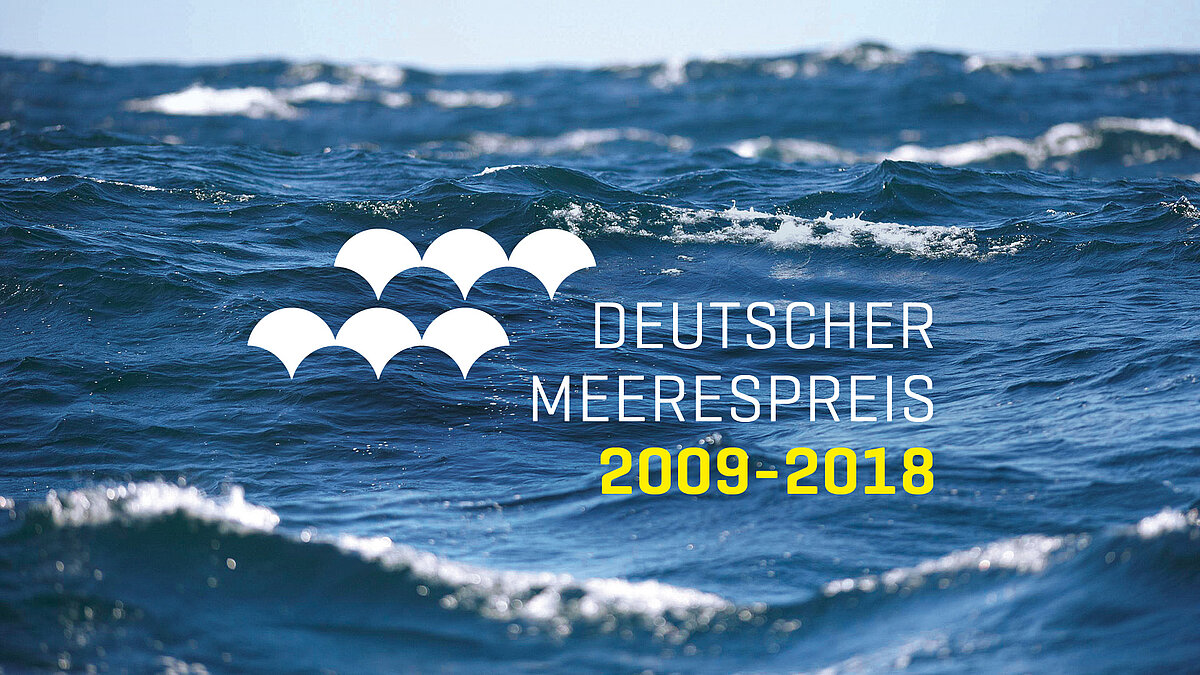
Deutscher Meerespreis 2009 to 2018
From 2009 to 2018, the “Deutscher Meerespreis” (German Ocean Award) honoured personalities from politics, business, science and the media who have made a special contribution to the preservation, protection or communication of knowledge about the oceans. It was associated with prize money of 10,000 euros, donated by Deutsche Bank. Since 2016, the prize has also been under the patronage of the Minister President of Schleswig-Holstein.
Prizewinner in 2009: Prof. Dr. Mojib Latif
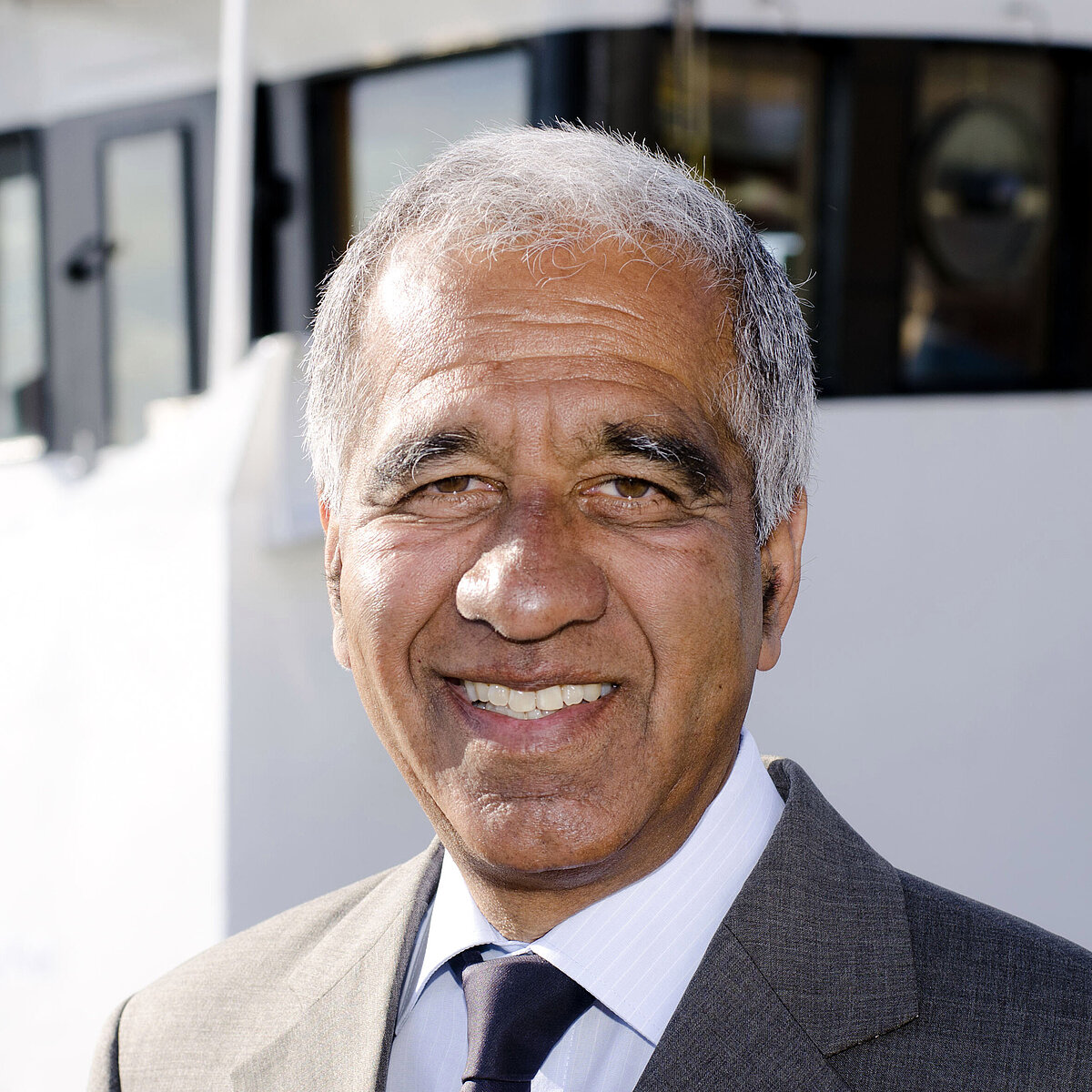
Photo: Jan Steffen/GEOMAR
Prof. Dr. Mojib Latif is better known than many a politician. While scientists like him do not seek out the spotlight, interviews for newspapers, the radio and television, or presentations to politicians, or talks to schoolchildren are part of his daily routine. He is especially fond of speaking in front of young children because, as he says, they bring out the performer in him! At the same time, Mojib Latif is a lecturer and researcher at the GEOMAR Institute. He runs climate simulations and analyses measurements in his quest for a better understanding of climate fluctuations and how humans influence them. In the past twenty years, there have been over 120 scientific articles in which Latif’s name appears in the list of authors. Moreover, he has written several books in which he explains the complexities of the climate system and future scenarios for it in terms that everyone can understand.
Prizewinner in 2010: Prof. Dr. Karin Lochte
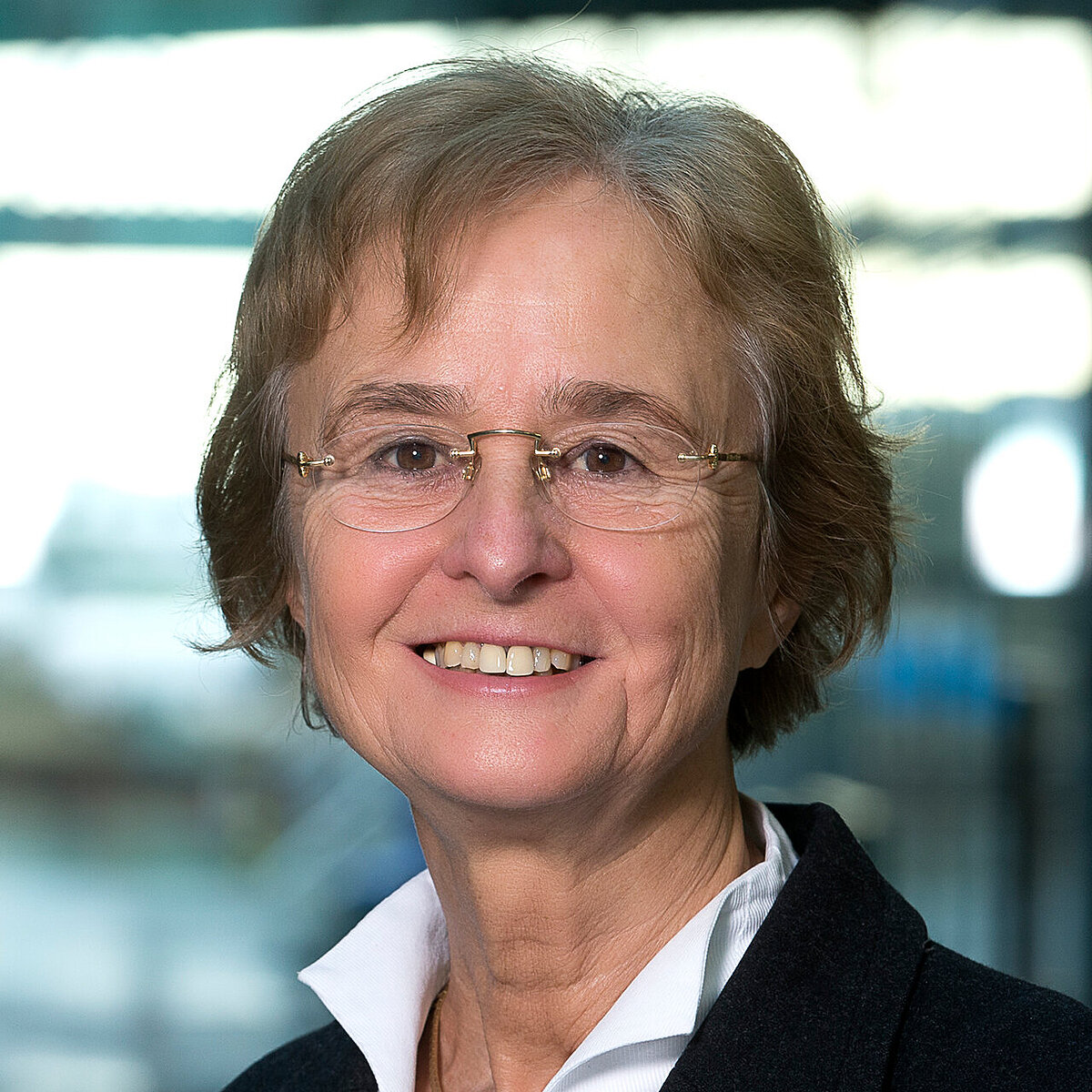
Photo: Alfred-Wegener-Institut /Martina Buchholz
In her work as a scientist, Prof. Dr. Karin Lochte combines the micro and the macro: her research focus is on bacteria, plankton, and other microorganisms in the sea, and the role they play in regulating material cycles in the oceans, and thus their significance in regulating global climate. After working at Kiel’s Institute of Oceanography (IfM), the Alfred-Wegener-Institute for Polar and Marine Research in Bremerhaven, and qualifying as a lecturer (‘habilitation’) at the Universität Bremen, in 1995 she took charge of the Biological Oceanography department at the Leibniz Institute for Baltic Sea Research in Warnemünde (IOW). From 2000 to 2007 Karin Lochte was the director of Biological Oceanography research at the Leibniz Institute for Marine Sciences (IFM-GEOMAR) in Kiel before her appointment as director of the Alfred-Wegener-Institute in Bremerhaven from 2007 to 2017.
Prizewinner in 2011: Frank Schätzing
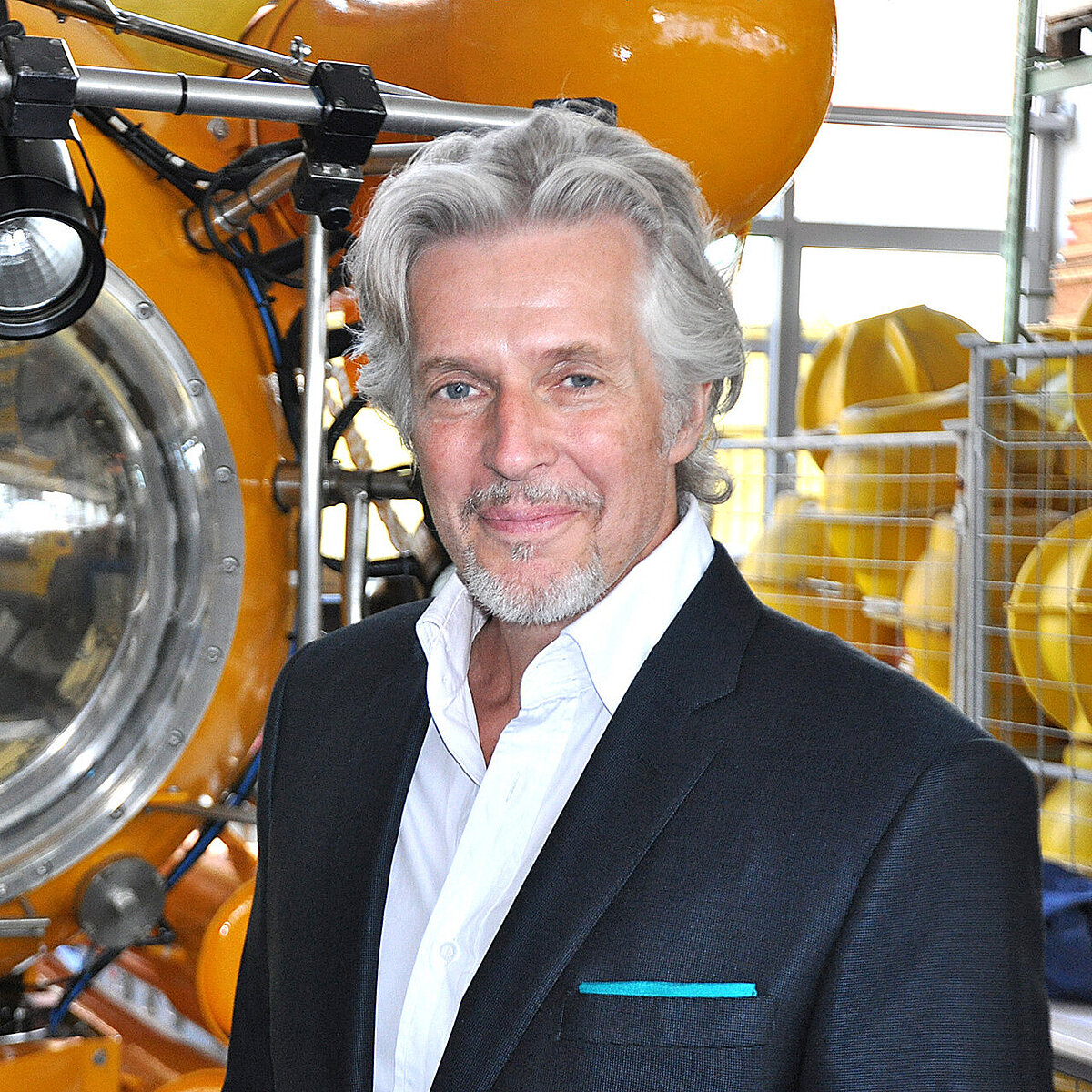
Photo: GEOMAR
The Swarm was not only a great success for its author Frank Schätzing, but for the oceanographers based at GEOMAR Kiel too. First published in German in 2004, this science fiction novel at once drew widespread attention to the institute and its research into gas hydrates. Frank Schätzing’s masterly fusion of scientific fact and the aura of the unknown - of the still largely unexplored world of the deep sea - created the basis for a science fiction thriller that has now sold over four million copies in twenty-seven countries. With his novel, Schätzing has given countless readers some insight into oceanography’s frequently complex subject matter. In subsequent publications and film projects such as his three-part documentary Universum der Ozeane for German broadcaster ZDF, Schätzing again turns his attention to the sea, a subject both stimulating and all but inexhaustible in its wealth of topics.
Prizewinner in 2012: José Maria Neves
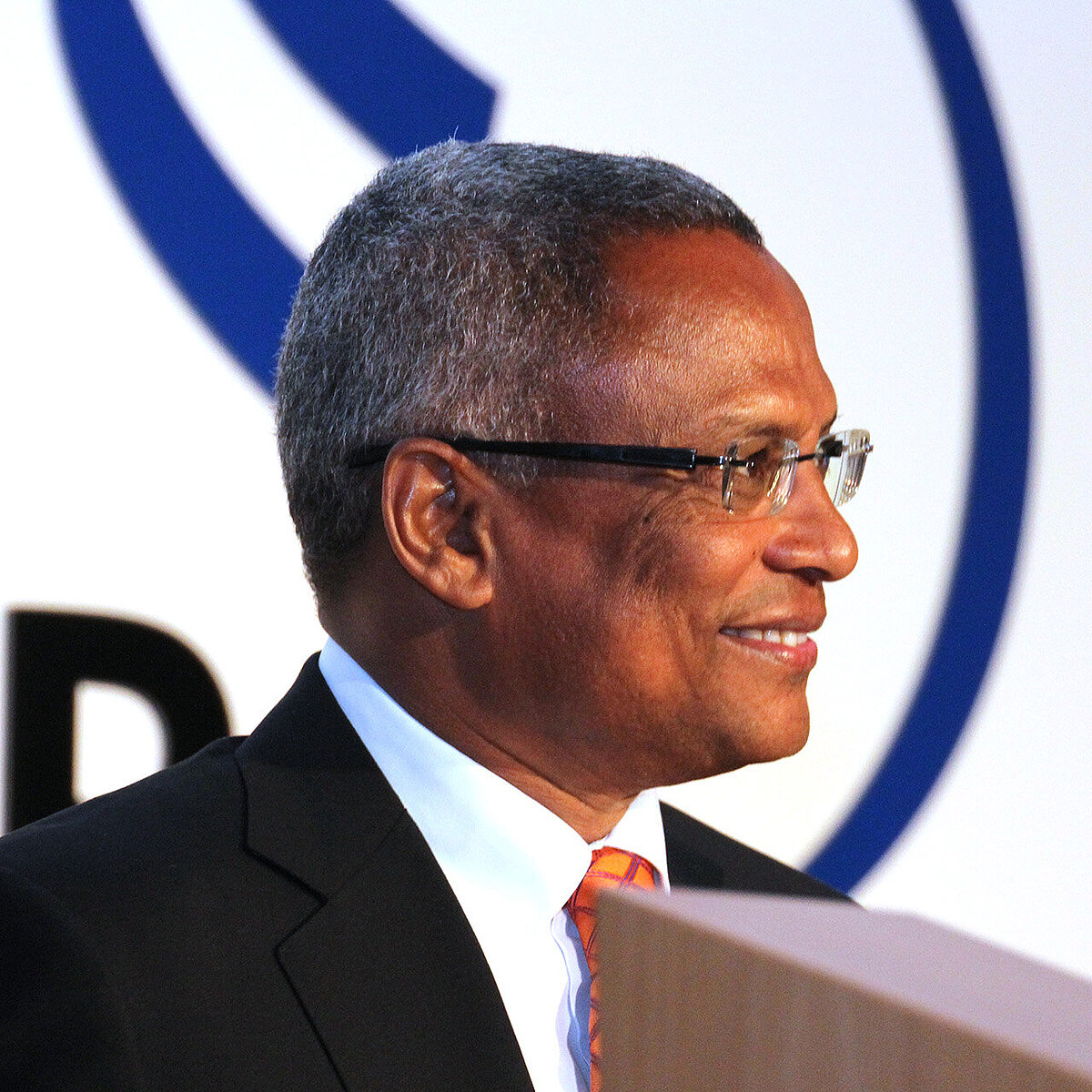
Photo: GEOMAR
Until relatively recently, the Cape Verde Islands were uncharted territory for German oceanographers, a situation that changed fundamentally in 2004. Since scientists began to focus on issues such as oxygen minimum zones in the ocean, inputs of trace metals, oceanic eutrophication, and volcanic hot spots, this group of islands off the coast of West Africa has become an ideal logistics base for oceanographic research. The friendly welcome and support given to Kiel-based scientists in recent years has been exceptional. In recognition of the excellent working conditions available in the Cape Verde Islands, the German Ocean Award 2012 was given to the Cape Verdean Prime Minister, José Maria Neves. More at www.geomar.de
Prizewinner in 2013: Ranga Yogeshwar
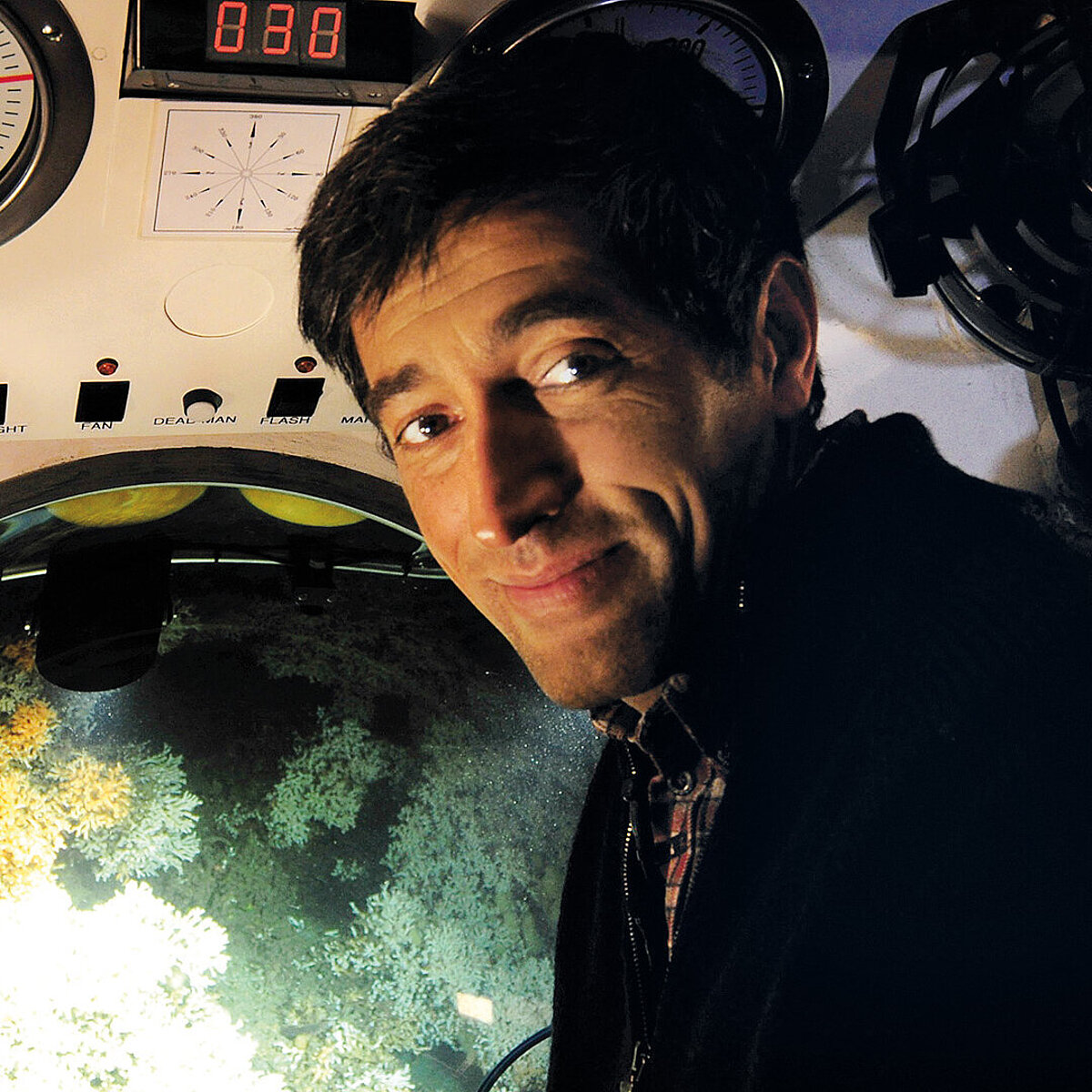
Foto: JAGO-Team/GEOMAR
September 2011: fascinated, Ranga Yogeshwar gazes out of the large forward viewport of GEOMAR’s submersible Jago, 200 metres below the surface of Trondheim Fjord. In front of the science journalist lies a new world of cold-water corals, their delicate red and white filigree coral colonies gleaming in the submersible’s headlights. The impressions gained during this dive were later presented in Quarks & Co., Yogeshwar’s science programme on German television. In his TV programmes, which also include Die große Show der Naturwunder, the physicist and science journalist examines questions of science from various – and occasionally unusual – angles, and helps the general public to grasp their complexities. More at www.geomar.de
Prizewinner in 2015: Captain Nicholas Sloane
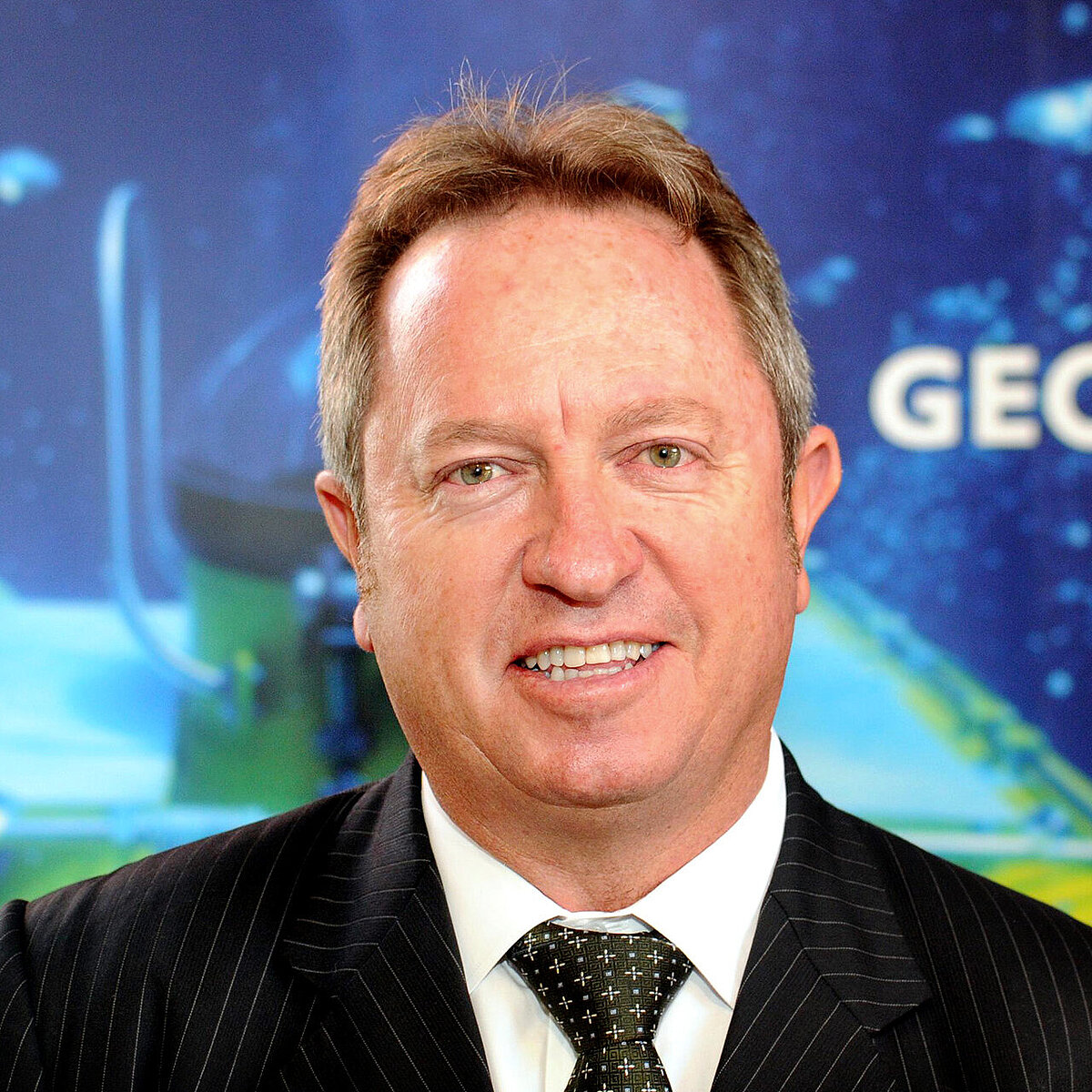
Photo: Jan Steffen/GEOMAR
Nick Sloane is in demand across the world as a salvage expert. Whenever a ship goes up in flames, hits rocks in a storm, or is disabled and adrift at sea, someone gets on the phone to the South African – as indeed happened after the Costa Concordia cruise ship struck rocks off the island of Giglio (Tuscany) in January 2012. Just short of 300 metres in length, the vessel lay crippled on rocks, listing at 65 degrees. Of more than 4,200 passengers and crew, 32 people lost their lives. Over the following 30 months, Sloane organised some 500 men in one of the lengthiest, trickiest, and costliest salvage operations in history. His job ended successfully when the righted vessel was towed into the Port of Genoa in July 2014. Not least thanks to Nick Sloane’s cautious leadership, the salvage operation averted a major environmental disaster in the fragile marine environment off the popular Italian holiday resort of Giglio.
More at www.geomar.de
Prizewinner in 2016: S.D. Fürst Albert II. von Monaco
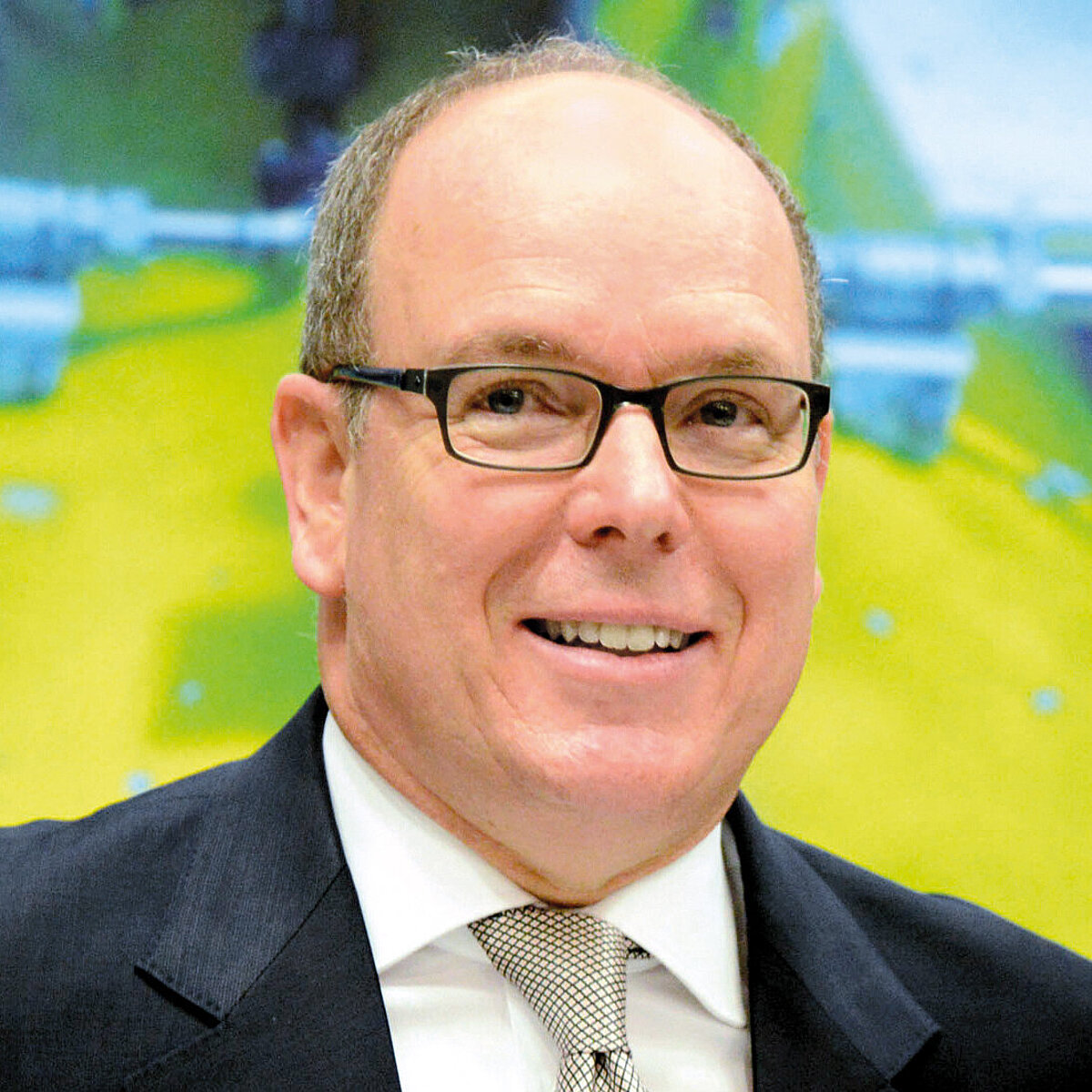
Photo: Thomas Eisenkrätzer
More than 100 years ago, Prince Albert I of Monaco and Kiel Professor of marine science Otto Krümmel met with colleagues in the recently opened Oceanographic Museum of Monaco in order to design a common strategy for the exploration of the Mediterranean. Based on this initiative, the Scientific Commission of the Mediterranean (CIESM) was founded in 1919. It was and still is an intergovernmental organization, based in Monaco, whose objective is to promote, coordinate and plan scientific research in the Mediterranean. The Presidency of CIESM is currently assumed by Monaco, in the person of H.S.H. Prince Albert II who for many years has been personally engaged in protecting the oceans. In 2006, for instance, he established the Fondation Albert II de Monaco for the protection and preservation of globally threatened ecosystems which draws attention to problems such as global warming and acidification. More at www.geomar.de
Prizewinner in 2018: Karmenu Vella
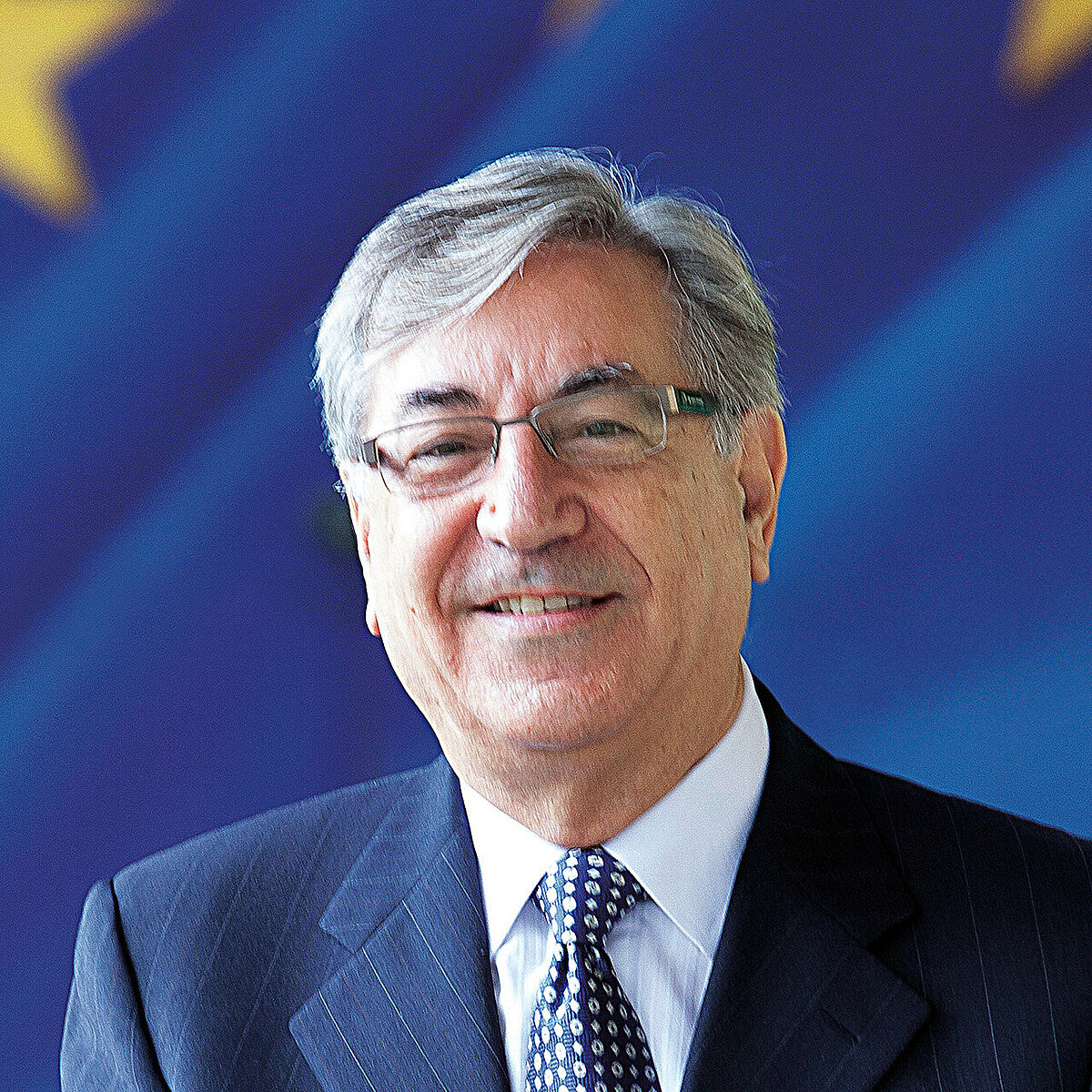
Photo: Etienne Ansotte / European Union
“When you live in Malta, you are almost everywhere close to the ocean”, said Karmenu Vella. The Maltese politician grew up with the sea, its opportunities and its risks. “Issues such as overfishing, pollution and climate change can be experienced much more directly on such a small island as Malta”, Vella continued. For him, this is also a reason to deal as EU Commissioner for Environment, Maritime Affairs and Fisheries from 2014 to 2019 especially with the problems of the oceans and their long-term solution.
More at www.geomar.de


